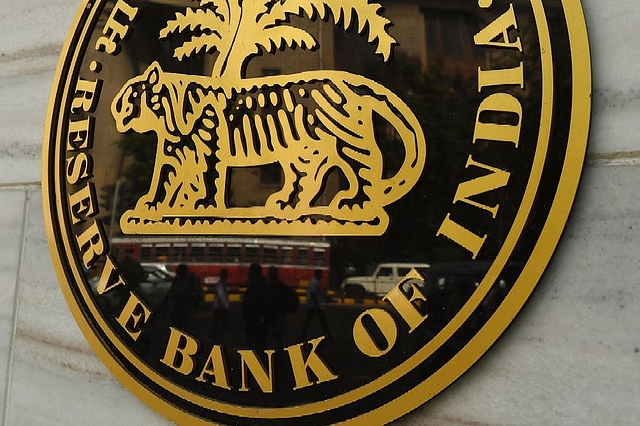
Interest Rates May Be About To Crash; So Load Up On FDs And Shift Asset Mix Towards Equity
Finance Minister Nirmala Sitharaman’s first budget stuck to the fiscal roadmap. The onus now clearly shifts to the MPC and the RBI.
The case for a sharp cut in interest rates has never been stronger, and the sliding rate scenario calls for a rejig in asset allocations from debt to equity.
The Monetary Policy Committee (MPC) may have been unable to comprehend either data or signals on where interest rates need to head, but the markets are not so dumb. This week, the benchmark 10-year government bond saw yields dip to a range of 6.25-6.4 per cent, suggesting that interest rates have to fall further.
That the MPC is yet to get it is another matter. But for savers and investors this is a call to action.
In recent days, most growth signals have been bearish, making several interest rate cuts in 2019-20 an inevitability. Consider:
Retail inflation in June remained a benign 3.18 per cent, but the wholesale prices index (WPI) dropped to a 23-month low of 2.02 per cent. What this means is that producers are unable to pass on price increases, and this is also reflected in WPI core inflation (non-food, non-fuel) falling to 0.8 per cent.
The index of industrial production (IIP) was a meek 3.1 per cent in May, hardly a rate at which any manufacturing businesses will be happy. The slowdown is for real.
The trade deficit is crashing along with exports and imports. While the deficit fell 8 per cent, exports fell by 9.71 per cent in June and imports by 9.05 per cent compared to the corresponding month in 2018.
This is the surest indicator yet that all’s not well with the Indian economy, and this calls for coordinated stimuli on both the fiscal and monetary sides.
Since Finance Minister Nirmala Sitharaman’s first budget in Modi 2.0 stuck to the fiscal roadmap, the onus clearly shifts to the MPC and the Reserve Bank of India (RBI). The case for a sharp cut in interest rates has never been stronger.
Most analysts are certain of at least a 0.25 per cent (25 basis points) cut in rates in the August MPC meeting, but one cannot rule out a larger hack. Overall, a 0.75-1 per cent cut looms over the next 12 months.
This has implications for all of us.
First, for senior citizens and those who depend on bank fixed deposits (FDs) for regular incomes, this is the time to lock into the highest rates offered by the banking system. Post office schemes, which offer more, will be even better, as also the government’s savings bond, which offers 7.75 per cent for a six-year term. The Senior Citizen’s Savings Certificate offers 8.6 per cent while National Savings Certificates fetch 7.9 per cent. State Bank of India’s highest rates (for senior citizens) are at 7.5 per cent and ICICI Bank’s peak is at 7.8 per cent.
Second, those who do not depend on taxable FDs or PO schemes should obviously load up on equity or equity-oriented funds. When interest rates start falling, the markets will upvalue good stocks, and mutual funds are a good way to ride the coming revaluation of stocks.
Third, tax-free public sector bonds, which were earlier offering yields upwards of 6 per cent, are slowly beginning to fall below that, with the popular NHAI-N1 tax-free bond falling to 5.55 per cent in terms of yields to maturity. But even at these yields, these bonds are better than FDs for those in the highest tax brackets.
Fourth, borrowing rates on retail loans will surely fall further, and so if you are taking up a home loan, go for the flexible rate loan and not the fixed rate one.
Overall, the sliding rate scenario calls for a rejig in asset allocations from debt to equity, though the actual proportions depend on your risk profile.